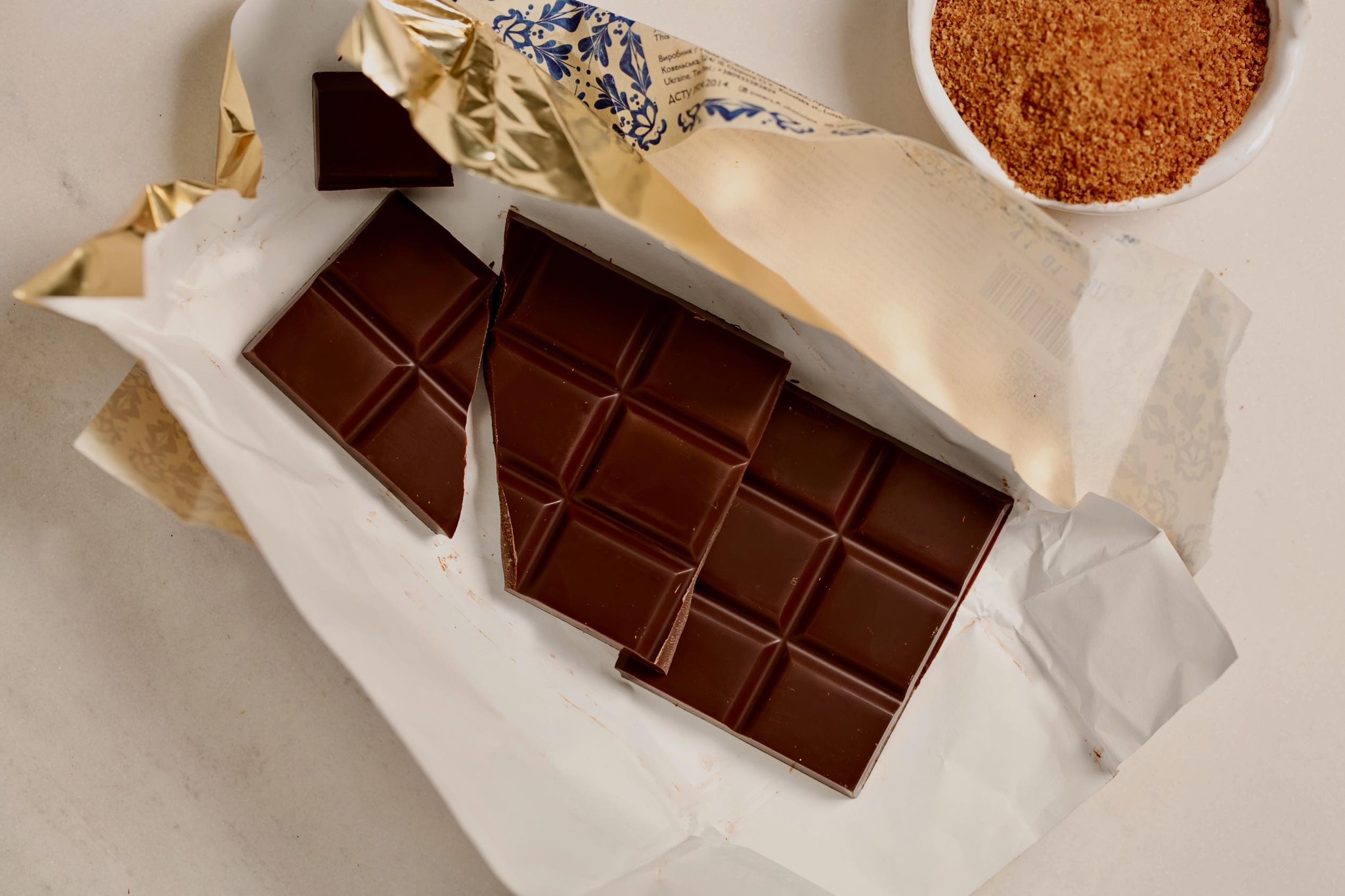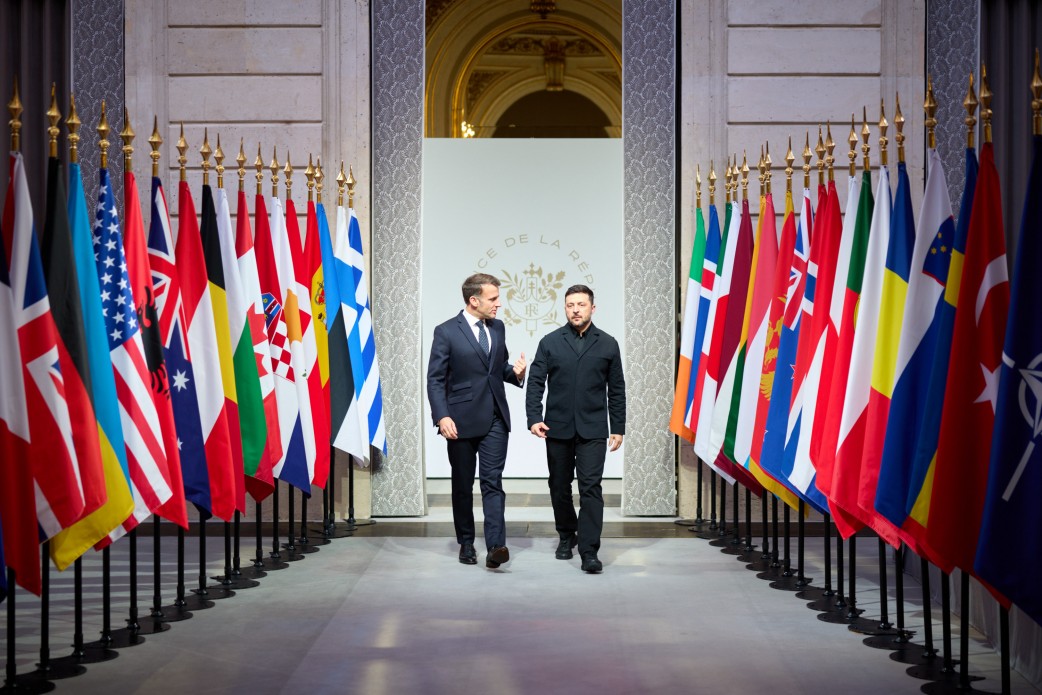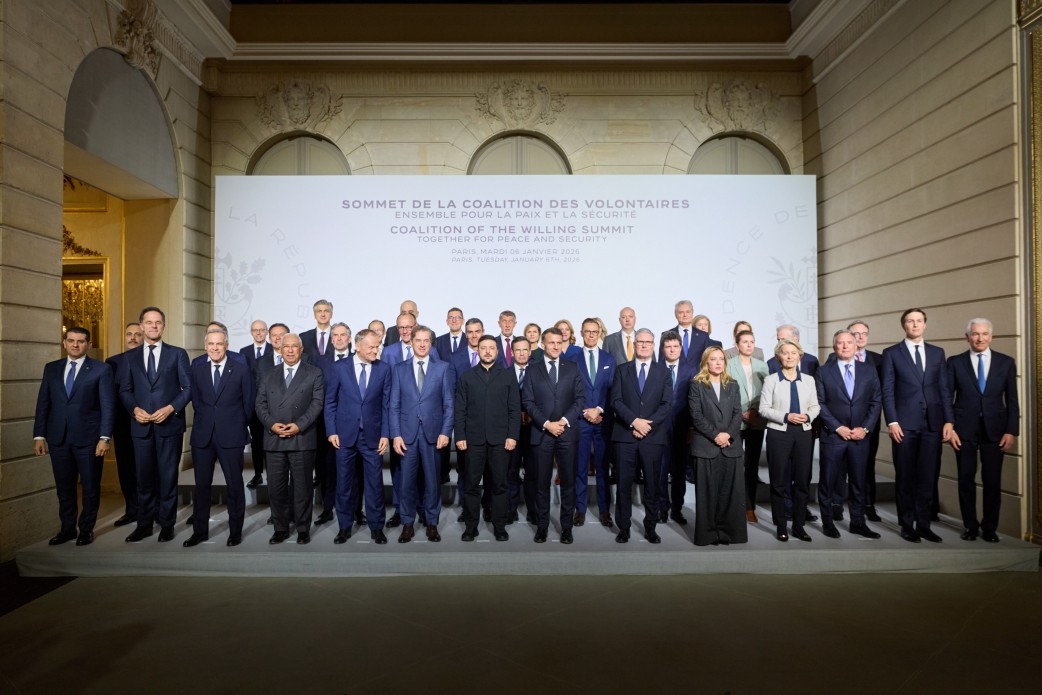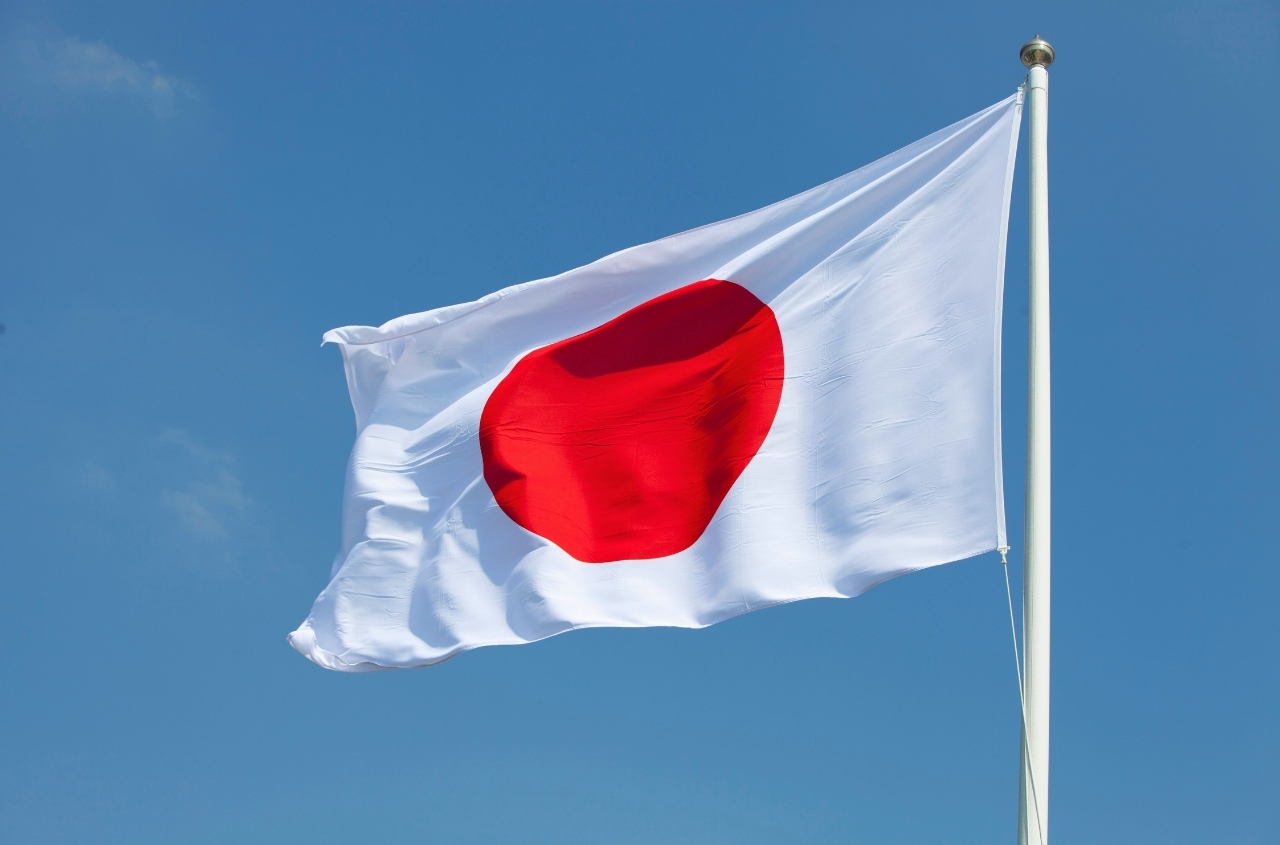Main image: Painting at the museum of the Ukrainian culture and folk art named after Ivan Honchar (Kyiv, Ukraine)
From 14 April to 16 May, the Ukrainian Institute, the Ministry of Foreign Affairs of Ukraine, and the NGO Wikimedia Ukraine will host the annual information campaign Ukraine’s Cultural Diplomacy Month on Wikipedia. This initiative aims to expand and enhance articles about Ukraine and its culture on Wikipedia in multiple languages, making knowledge about the country more accessible worldwide.
Now in its fifth year, the campaign has resulted in over 7,000 unique articles on Ukrainian culture across various foreign languages, including Arabic, Basque, Welsh, Indonesian, Berber, Urdu, Tagalog, and Gujarati.
‘Since 2021, Ukraine’s Cultural Diplomacy Month on Wikipedia has been bringing together Wikipedia contributors from around the world to increase interest in Ukraine and its cultural heritage. In the context of Russia’s full-scale war against Ukraine, which is accompanied by Russian disinformation, it is extremely important to defend the truth and ensure the dissemination of verified, fact-based narratives. This cultural initiative significantly helps to strengthen the Ukrainian voice globally and counteract information threats’, – says Mariana Betsa, Deputy Foreign Minister of Ukraine.
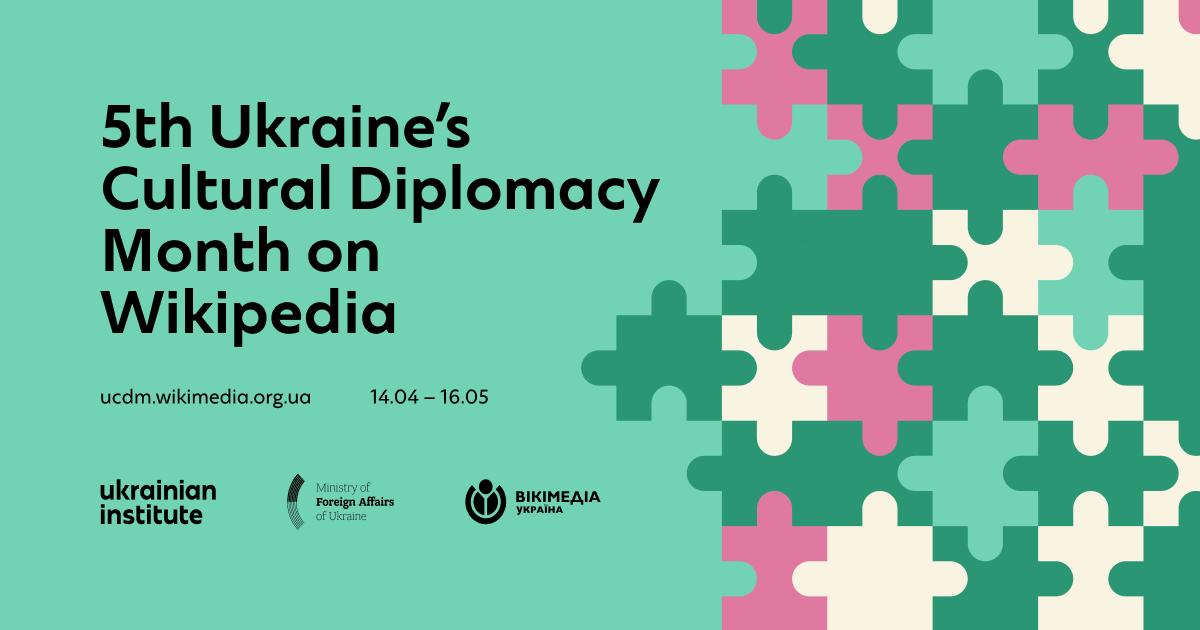
For the second year in a row, decolonising Ukrainian culture remains one of the project’s key themes. Russia’s full-scale invasion has intensified global interest in Ukrainian cultural heritage, much of which remains understudied. At the same time, there is a growing demand for reliable information about Ukraine. By creating new articles and expanding existing ones, participants not only help to spread knowledge but also strengthen Ukraine’s presence in the global information space.
‘The decolonisation of culture is not just about restoring historical justice – it is about ensuring that nations have the right to tell their own stories. For centuries, Ukraine has been subjected to Russia’s cultural expansion, which sought to appropriate our achievements and erase our identity. Now, our task is not only to reclaim our cultural heritage but also to make it visible to the world,’ says Volodymyr Sheiko, Director General of the Ukrainian Institute.
The decolonisation of culture is not just about restoring historical justice – it is about ensuring that nations have the right to tell their own stories. For centuries, Ukraine has been subjected to Russia’s cultural expansion, which sought to appropriate our achievements and erase our identity. Now, our task is not only to reclaim our cultural heritage but also to make it visible to the world.
As the world’s largest and most accessible source of information, Wikipedia must feature accurate and diverse materials about Ukraine in multiple languages. The campaign encourages contributors from around the globe to create and improve Wikipedia articles in their native languages, helping to expand knowledge about Ukraine and its cultural heritage. The project also includes a competitive element, with active Wikipedia editors eligible for prizes.
‘Over the past five years, Ukraine’s Cultural Diplomacy Month on Wikipedia has brought people from around the world together, helping to share Ukraine’s story in multiple languages. And this effort continues – now more important than ever. Last year, 200 participants contributed over 1,200 new articles and set a record by adding and improving content in 66 different language sections of Wikipedia. This year, we aim to engage even more Wikimedians who are eager to explore new topics and join the initiative. Every article written is another step towards raising awareness and understanding of Ukraine,’ says Ilya Korniyko, Chairman of the Board of the NGO Wikimedia Ukraine.
We invite everyone to take part in the project! Full details, a list of suggested articles, and participation guidelines can be found on the project page.

















